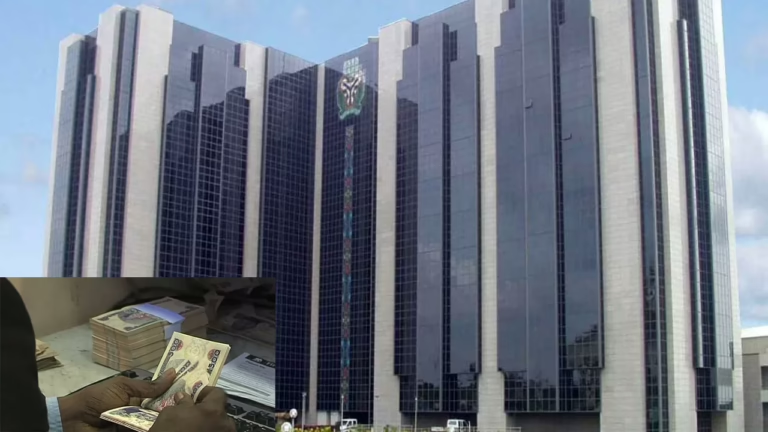The Organised Private Sector (OPS) has welcomed the recent 27 percent reduction in interest rates but maintains that this measure alone falls short of alleviating the credit challenges faced by businesses.
Segun Ajayi-Kadir, Director-General of the Manufacturers Association of Nigeria (MAN), emphasized that manufacturers require borrowing rates in the single digits-around five percent-to effectively boost production. He pointed out that since no bank lends below the Monetary Policy Rate (MPR), borrowing costs remain prohibitively high, and manufacturers are anticipating more substantial rate cuts.
The Nigeria Employers’ Consultative Association (NECA) highlighted that other limiting factors, such as the elevated Cash Reserve Ratio (CRR), could undermine the benefits of the rate reduction. NECA stressed, “Lower credit costs enable businesses to grow, invest, and generate employment, but the current high CRR and liquidity constraints threaten to restrict these advantages.”
Adewale Oyerinde, NECA’s Director-General, also drew attention to persistent food inflation, which stands at 21.87 percent, continuing to diminish household purchasing power. He urged the government to complement monetary policy adjustments with comprehensive structural reforms.
Dr. Femi Egbesola, President of the National Association of Small Business Owners of Nigeria (ASBON), shared similar reservations. While acknowledging the rate cut as a positive initial move, he described it as “insufficient” given the significant funding obstacles small and medium-sized enterprises (SMEs) encounter.
Egbesola advocated for dedicated single-digit interest credit facilities and alternative financing options beyond conventional banking channels. The Centre for the Promotion of Private Enterprise also supported the rate cut but underscored the necessity for aligned fiscal policies.
Muda Yusuf, Director at the Centre, explained that reducing both the MPR and CRR could empower banks to increase lending and lower interest rates, thereby fostering higher production and job creation. However, he cautioned that monetary easing alone cannot sustain economic stability without enhancements in infrastructure, regulatory frameworks, and fiscal responsibility. Yusuf further called on the government to tackle security challenges that continue to deter investment and suppress rural productivity.
The Nigeria Labour Congress (NLC) viewed the policy adjustment as a step forward but warned that borrowing costs remain excessively high for businesses. Onyekachi Christopher, NLC’s Assistant Secretary-General, noted that improved loan accessibility would enable manufacturers to scale operations, hire additional staff, and contribute more robustly to economic growth.
Economists regard the rate cut as a meaningful policy shift. Professor Sheriffdeen Tella of Crescent University remarked that while lower rates reduce borrowing expenses and production costs, the current borrowing environment remains unattractive since business profit margins typically range between 20 and 30 percent annually.
Marcel Okeke, former Chief Economist at Zenith Bank, described the move as the start of a gradual relaxation in the Central Bank of Nigeria’s (CBN) stringent monetary policy. He predicted that commercial banks might respond by lowering lending rates by one to two percentage points and suggested that further reductions could follow if inflation trends downward toward 17 to 18 percent.
Okeke added that although the impact of this policy change will not be immediate, reduced interest rates will eventually enhance credit availability and stimulate economic activity. He emphasized that sustained progress hinges on maintaining exchange rate stability and effective inflation control.
Within the private sector, there is broad agreement that the CBN’s decision signals a strategic pivot from prioritizing economic stabilization to fostering growth acceleration. However, businesses contend that to fully unlock Nigeria’s productive capacity, borrowing costs must decline significantly, ideally reaching single-digit levels. Analysts agree that if this monetary approach is combined with structural and fiscal reforms, it could strengthen private sector performance, increase government revenues, and sustainably moderate inflation over the medium to long term.


















